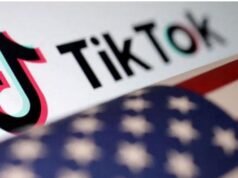How North Koreans cope with hunger and food shortage
Defectors from North Korea have routinely spoken about the endemic poverty and chronic hunger that the have-nots in the isolationist country suffer from. In a closed economy burdened by harsh UN sanctions, North Koreans often subsist on rice topped with “injogogi” or man-made meat, a Reuters report has revealed.
In spite of a Public Distribution System (PDS) which guarantees ration coupons to 70 per cent of the population, over 61 per cent North Koreans still depend on informal, private markets as their most important source of food. Official channels like PDS accounted for just 23.5 per cent of people’s food intake, a 2015 survey of defectors said.
These private markets have a robust street food culture, which have become staples of North Korean diet. From injogogi, a fake meat made from pressing and rolling soy bean oil residue, to speed cakes – cornmeal sweets which don’t require baking, these foods have a high protein and fibre content to help muscle growth and keep hunger at bay.
It is no surprise then that the average North Korean is undernourished. A study conducted in 2009 showed that pre-school children in the North were up to 13 cm shorter and up to 7 kg lighter than their South Korean counterparts.
According to UN food agency the World Food Programme (WFP), North Korea has received $42 million in food aid, a significant chunk of the $76 million “nutritional support” fund raised by member states.
The agency also points out that North Koreans have a “monotonous diet – mainly rice/maize, kimchi and bean paste – lacking in essential fats and protein.”
Some defectors said that despite global sanctions, food supply has improved under the regime of Kim Jong Un, who eased the restrictions on private trade after coming to power in 2011.
Wealtheir defectors have attested that they ate meat on a frequent basis. Pork is common, but some also talked of eating dog meat, rabbit, and badger. On the other hand, their less well-off counterparts consumed privately grown vegetables and corn, a cheaper alternative to rice.




